Keeping the Integrity of Your Writing by Rob Keeley – Writing Tips
Keeping the Integrity of Your Writing by Rob Keeley – Writing Tips
We have a new segment on the blog which will be coming to you every Wednesday throughout 2022 called Writing Tips. These posts will feature writing tips from authors on a variety of subject that are there to help other authors and new writers.
Our fourth post is from author Rob Keeley on the subject ‘Keeping the Integrity of Your Writing‘. This post contains affiliate links.
Keeping the Integrity of Your Writing
It’s something that throws – and sometimes, demolishes – up-and-coming writers; it’s something I see asked about, time and again, on Twitter; and it’s even something my own Creative Writing students have asked me.
Who is in charge of your writing?
Is it the tutor, who’s giving you feedback every week or month? They know their writing technique, but do they really know your work? I had a tutor at uni while I was writing Childish Spirits, who made me make all sorts of changes. After reading the book for nearly two years, he suddenly decided the older brother Charlie should become a mischievous younger brother, whom Ellie would have to control. I knew this would have been wrong, since it removed the relatable element of Ellie being the picked-on younger sister. So, for the first time, I said no. (I took all his stuff out before the book was published. It’s since been longlisted and nominated for three awards.)
Is it the agent, or the publisher, who knows the publishing industry inside out and has kindly given their time to feed back on your work? They know their technique, too. They’re
probably Oxbridge graduates. They know that readers this year are looking for something with gangsters and performing seals. But is this really appropriate for your Regency
romance? Again with Childish Spirits, I was asked by a prospective agent what Ellie’s “motivation” was – a classic first-year writing question. I thought it was fairly obvious, from
the manuscript she’d been sent, that Ellie is a young schoolgirl who can see and hear ghosts and she wants to help her ghostly friend Edward avoid capture, as well as prevent her family
from breaking up. It’s all there in the text.
Or is it the online community? Here, the opinion increasingly seems to be that (help!) a white male author can’t possibly know anything about anyone else’s social or cultural background. (I would counter with the fact that I’m a white male disabled author, who was fighting prejudice and discrimination before some of them were born, and who worked his way from special school to a modern international university.) I’m worried by the creeping tide of censorship, which has seen Dr Seuss books and Walliams stories withdrawn because someone has decided that the Party doesn’t like it. Children’s authors are being besieged in their homes and Members of Parliament are being mocked and vilified on social media, for daring to express an opposing viewpoint. To restrict creative freedom and freedom of speech is an assault on our civil liberties. And of course, it prevents big issues such as racism and prejudice from being properly discussed, including within historical and fictional contexts, because authors are too scared of what social media will say. Sometimes, we need to see and read and learn about these things. Leave those statues and those books alone.
So, who is in charge of your writing?
The answer is obvious. You are. YOU are the author. You should listen to feedback and take all the advice you can. But in the end, YOU have the final say.
Screenwriter Russell T Davies, who is shortly to return to the helm of Doctor Who, put it neatly in his excellent book The Writer’s Tale*, which I recommend to all aspiring authors:
“Creating something is not a democracy. The people have no say.”
He’s right. Listen to advice, read feedback, but YOU decide what works for you, and for your writing. If someone is telling you fundamentally to change the nature of the story or has
misunderstood the characters or is making you fulfil a social or commercial agenda that isn’t your own, then it’s bad advice and you’re not writing what you set out to write.
Remember the advice of Grange Hill, in the halcyon days of the Eighties. – Just Say No.
*Russell T Davies and Benjamin Cook, Doctor Who – The Writer’s Tale, BBC Books, 2008
About the Author

Rob Keeley is an award-winning indie author of children’s and young adult fiction, including the Spirits series, and teaches Creative Writing to children and adults. His most recent works, the middle-grade novel The Treasure in the Tower and the picture book Carrots Don’t Grow On Trees! were published in 2021.
After years of rejection letters, he indie-published his books from 2011 onwards, and has been a Georgina Hawtrey-Woore Award winner and Children’s Writer in Residence at the Stay at Home Literary Festival. He has always loved ignoring what people tell him to do.
Author Links
Goodreads
Website
Publisher – Matador
Pages – 120
Release Date – 19th October 2020
ISBN 13 – 978-1800461321
Format – ebook, Paperback
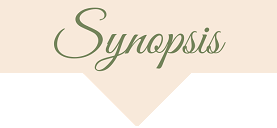
Rob Keeley is back with The Treasure in the Tower, his first standalone novel for middle graders following the success of his Spirits series. It’s a fun, historical mystery based around a school residential trip, blending a treasure-hunting plot with a school story and a large amount of humour.
A school trip to historic Deanchester becomes more exciting when Jess and her friends discover the city hides a secret treasure. Local historian Dr Joseph Pyrite left a series of clues scattered around Deanchester’s landmarks, which Jess, Mason and Kessie are determined to solve. But they only have three days. And they have competition. A series of increasingly cunning tricks awaits Jess and her party as they try to beat Perdita and Thomas to the treasure.

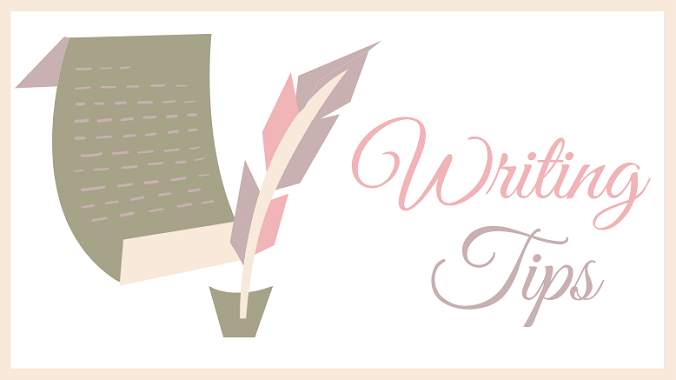
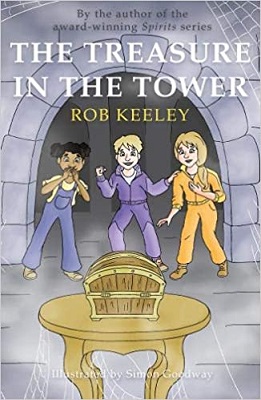
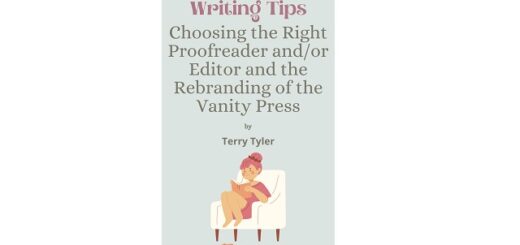
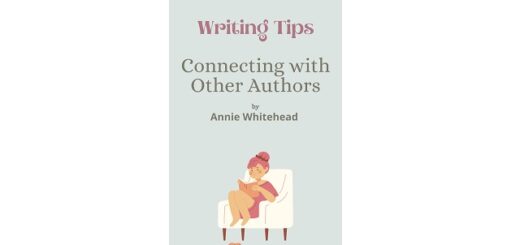
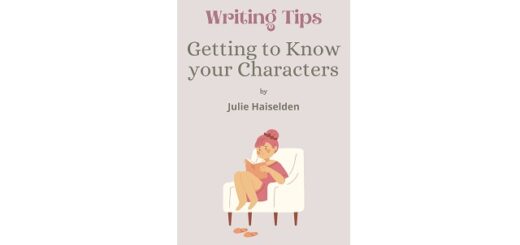

This raises some excellent points, issues I had not thought about but should have.
I’m definitely going to have to share this with my writer friends!